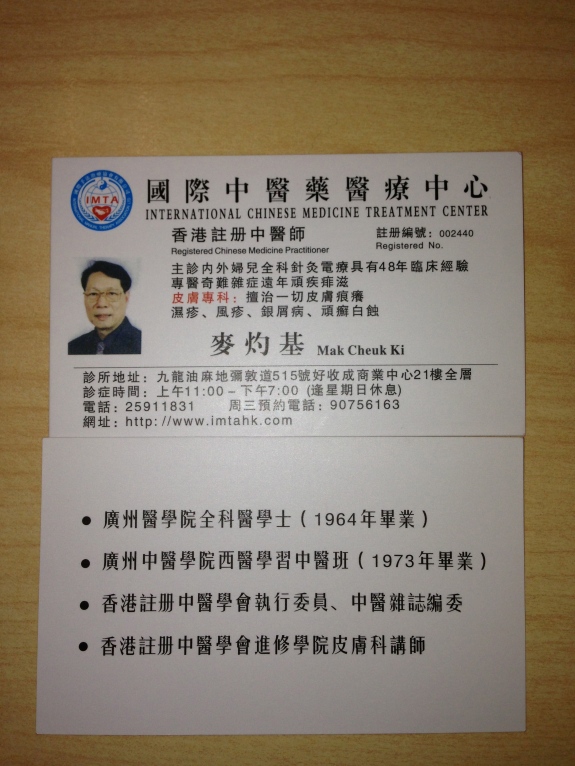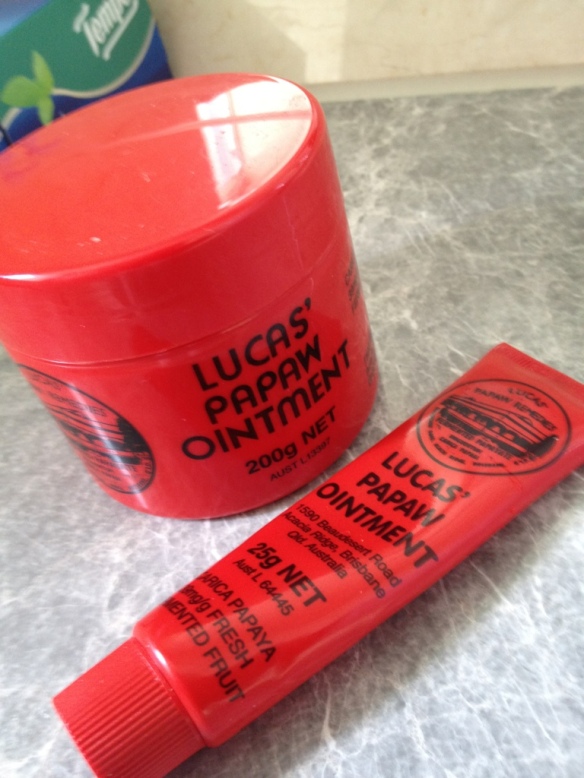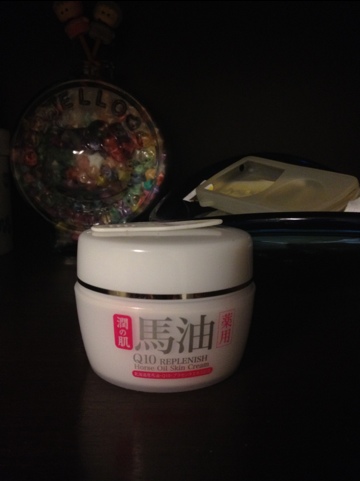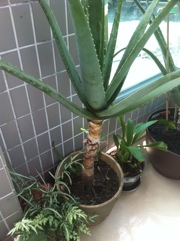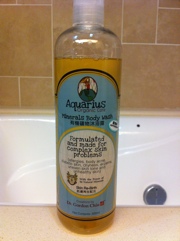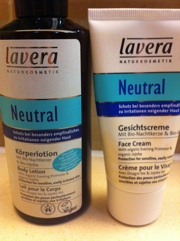It has been about a month since I last wrote on this blog as I have been preoccupied with my chinese herbalist medicine treatment that is truly helping to cure my eczema. After 6 weeks of herbal medication, I am no longer consumed by the insane itch that comes with chronic eczema and 80% of my skin has now cleared up and is beginning to look normal. The healing that I am witnessing has been truly uplifting and god-sent. Hence, while I am no expert (please seek you own medical advice), I am going to share my thoughts and experience on the use of traditional chinese medicine for eczema in this blog article and hope that you can also find a good chinese doctor to help yourself.
First of all, some reassurance to the hesitant reader, chinese herbalist medicine has been around for thousands of years as a profession and it has prevailed in China for a reason. In China, hospitals still currently approach medical treatment through the combined use of both chinese medicine and western medicine. Generally speaking, chinese medical treatment (herbal tea, acupuncture and bone setting) is widely accepted within the chinese community and it is also becoming more prevalent in the western communities as well.
The essence of chinese herbalist medicine is about maintaining balance to achieve good health and thus treatment to illnesses is focused on strengthening and revitalizing the key organs to facilitate their proper functioning to achieve good health. As a consequence, chinese herbal treatment not only requires the patient to drink (often foul-tasting) herbal tea but to also to follow a restricted diet to facilitate the revitalization of the key organs, e.g. it’s no good taking the medicine if you are also taking the poison straight afterwards. In addition, as the chinese medical philosophy is based on helping the body to heal itself, the process will be progressive rather than instant gratification, i.e. the longer the illness, the longer the recovery process.
On the above note, I recall my current doctor emphasized to me in our first meeting that the most common failure during chinese herbal treatments is the inability for patients to maintain a restricted diet. “If I wanted to be cured [and it can be cured], I must restrict the diet.” This is an important point to note if you are going to try chinese herbalist medicine. Later on, my doctor also advised that given my prolonged condition, my course of treatment would probably be 4 to 6 months depending on the recovery process.
Secondly, not all chinese doctors are equally skilled. Personally, I have tried 3 traditional chinese doctors before my current doctor over the last 3 years to try to treat my eczema. I saw no significant progress with the prior doctors even after months of treatment. Based on my own experience, I would advise that when one seeks out a chinese herbalist doctor, one should try to look for an old chinese doctor with a lot of field experience who attained his/her profession through traditional means over a chinese herbalist doctor who attained his/her accreditation through modern academic studies (something that is becoming more and more popular in Hong Kong). In addition, try to seek out a chinese herbalist doctor that specialize in skin ailment although my current doctor there aren’t that many around anymore. Personally, I feel very lucky to have met my current doctor who is both western and chinese professionally qualified, in his 70’s with lots of experience, specialize in skin ailment who practices his trade during the day and lecture doctors in the evenings. He has shared many stories with me on how he had treated and cured eczema, psoriasis and even vitiligo. I believe he is on course to curing my eczema an hopefully my vitiligo all over the back of my neck and sparingly on my cheek.
When undergoing chinese herbalist medicine treatment, there are a few points to note. Nowadays, one can take chinese herbal medicine in processed powder form (modern convenience) as well as traditional form where one need to boil the herbs. However, my present doctor had explained to me that for optimum results, it is best to stick with traditional herbs and that the boiling of herbs should not take longer than 90 minutes. Additionally, chinese herbalist medicine treatment is based on observing the symptoms (via pulse reading, facial and tongue observation) and my present doctor had explained that it is important to conduct the consultation every few days rather than over longer periods. Hence, while it is likely a desired compromise for many people with modern lifestyle and commitments to only see your chinese herbalist doctor say once a week, the reality (as explained by my present doctor) is that in such a situation, the prescribed medicine will not be tailored to your conditions since one will react to the herbal medicine and the herbal medicine needs to be continually adjusted according to the observed symptoms. Thinking back, this was the mistake I made with my first chinese herbalist doctor. I recalled he had requested for consultations every 3 days max (preferably 2) but I could only commit to seeing him once a week. This is also an important point to note if you are considering using a chinese herbalist doctor, time commitment & patience is required. Currently, I am seeing my present doctor every Monday, Wednesday and Saturday. On using chinese herbalist medicine to treat eczema, I am certainly not qualified to write on the topic. However, I will share specific experiences & learnings relating to my own recent treatment for reader’s reference. (If the reader is considering seeking treatment, they should consult a qualified chinese doctor). Firstly, a recap of my eczema condition as highlighted in the “my story so far” article. I have had eczema since I was a child. In the last 3 or 4 years, my eczema had worsen and taken on a whole new lease of life that significantly impacted everyday activity. Quick fix western medicine wasn’t working and thus, I turned to alternative treatment for a solution.
On my eczema, the diagnosis from my present doctor is that I have a dysfunctional spleen and weak blood.
According to the chinese medical school of thought, the function of the spleen acts very much like the internal logistics department of the body. It is responsible for transporting nutrition to different parts of the body and toxic waste to the digestive system. When the function of the spleen is compromised, metabolism and nutrition absorption is also compromised and as toxic waste cannot be channelled effectively into the digestive system, the body responds by diverting the toxic waste to the skin as an alternative means to try and process it out of the system. However, as the body was never designed to function in such a way, toxicity will start to build up over time depending on your dietary and lifestyle habits, visible symptoms include pimples/acne, bloating & skin irritation. If the situation is left unchecked, the toxicity (the chinese doctors call it “dampness”, “heat” & “wind”) will continue to build up in the spleen and then in the blood, visible symptoms include poor metabolism and blood circulation, inflammation, redness & dry skin (heat), weeping wounds (dampness), and itchiness (wind). As such, my understanding is the chinese herbalist medical course of treatment is focused on expelling these three elements, cleansing & regenerating the blood, strengthening the spleen and nourishing the skin. At the same, an experience chinese doctor will also protecting the body from the medicine that you’re taking, e.g. not purely focused on the illness but also take account of the overall well-being to ensure to patient is coping with the medicine during the course of treatment.
During my course of treatment, I am required to stick to the following dietary & daily habitual requirements:
Dietary restrictions advice from chinese doctor during treatment
- No eggs of any kind (“a culprit of inflammation and flare ups”)
- No prawns and crab (“a well-known eczema allergy trigger”)
- No pan-fried, deep-fried and roasted food (this basically cuts out junk/fast food, biscuits, chocolate & barbecue food…yes no chocolate – waaaah 😦 )
- No mushrooms (“patients with prolonged illness should not eat mushrooms”)
- No cold drinks / food (“cold food and drinks is one of the worst evils for the spleen”). This means no ice-cream and ice lollies – waaah 😦 .
- No melons of most kinds (“watermelon, bitter gourd, cucumber, etc are too cooling foods in nature and further weakens the spleen”)
- No lychee, mango, pineapple, durian, guava & longan (“fruits that are hot in nature that can lead to further irritation/flare up”)
- No spicy / chilli food
Do’s and don’t advice from my current chinese doctor during treatment
- No hot showers / bath. Keep it lukewarm.
- Moisturize straight after a shower/bath while wet. If the body is extremely dry to the point that it is painful to move as I was during the initial stage of treatment. One can consider using medicated vaseline or horse oil as a moisturizer.
- No steroid creams (it was reassuring to hear from my present doctor (both western and chinese professionally qualified) that steroid was a bad idea.
- Can consider taking vitamin & omega oil supplements.
- Try to drink the chinese herbal tea 1 hour after a meal and at least 4 hours between the prior herbal tea intake.
As a final note, readers can check out the following websites for more information on Traditional Chinese Medicine in english:

